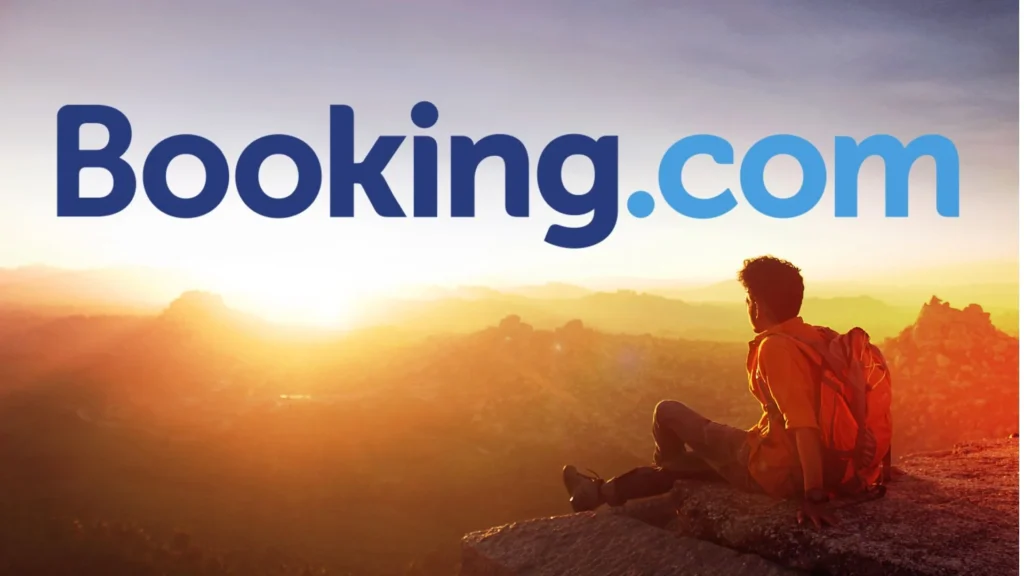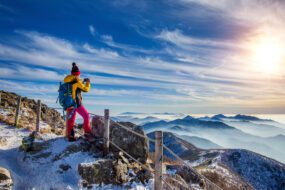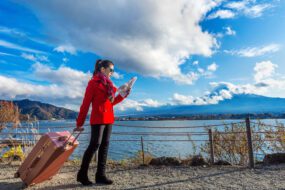
Traveling alone is one of the most transformative experiences a person can have. At first glance, solo travel might seem intimidating—being in a foreign place without the safety net of friends or family. But beneath that uncertainty lies something incredibly powerful: the chance to truly get to know yourself, make bold decisions, and create unforgettable stories that are yours and yours alone. Solo travel is not just about visiting new places—it’s about inner growth, self-reliance, and discovering what you’re capable of when no one else is steering the wheel.
The Freedom of Going Solo
Perhaps the most immediate benefit of solo travel is freedom. There are no compromises, no group decisions, and no detours based on someone else’s interests. Want to spend the entire day in a museum or spontaneously change destinations? Go for it. You have full control over your time, your budget, and your experiences.
That autonomy allows for a deeper connection to your environment. Instead of focusing on conversation with companions, you tune in to the rhythm of a new city or the silence of a remote mountain trail. You become a more active observer—and participant—in your journey.
Building Confidence and Self-Reliance
Traveling alone often places you in situations that require problem-solving, quick thinking, and stepping outside your comfort zone. Whether it’s navigating an unfamiliar public transportation system, ordering food in a language you don’t speak, or handling a last-minute change in plans, each challenge you overcome reinforces your confidence.
These small victories add up. You realize that you’re capable of more than you thought. Booking your own accommodations, creating your itinerary, and staying safe all become second nature. That sense of independence doesn’t fade when the trip ends—it carries over into your everyday life. Suddenly, negotiating a raise at work or speaking up in a group setting doesn’t feel quite so daunting.
Rediscovering Yourself
When you strip away the constant chatter of social interactions, you’re left with the opportunity to sit with your thoughts and desires. Solo travel creates space to reflect, re-evaluate, and rediscover passions that might have been buried under the noise of everyday life. It’s a chance to reconnect with your dreams, values, and identity.
You might discover that you’re more extroverted—or introverted—than you realized. You may pick up a new hobby, journal more often, or feel inspired to take your life in a new direction. There’s a raw clarity that often comes when you’re fully immersed in the present moment, away from the expectations and judgments of others.
Meeting People on Your Terms
Contrary to the belief that solo travel is lonely, many solo travelers find that they actually meet more people on the road than they would when traveling in a group. Being alone naturally invites more interaction. Locals and fellow travelers are more likely to strike up a conversation, offer help, or extend an invitation when they see someone on their own.
The connections made while traveling solo are often more intentional. You’re free to engage when you feel like it and pull back when you need solitude. Whether it’s bonding with hostel roommates, chatting with someone on a walking tour, or meeting locals through a language exchange app, these interactions can lead to deep conversations, spontaneous adventures, and even lifelong friendships.
Cultivating a Mindset of Courage
Solo travel isn’t just about logistics and sightseeing—it’s a mindset. It’s choosing to walk through uncertainty with open eyes and an open heart. It’s about saying yes to adventure, even when it scares you. That kind of courage changes how you view the world—and yourself.
Fear may still exist, especially at the start of a journey. But each act of bravery, whether big or small, shifts your baseline. You begin to crave the unfamiliar, to welcome the discomfort that comes with growth. That mindset, once developed, translates into other areas of your life. You’re more likely to take risks, trust your intuition, and pursue your goals unapologetically.
The Joy of Planning for Yourself
When traveling with others, it’s easy to defer to group preferences or stick to popular itineraries. When you’re solo, the world opens up in a different way. Want to take a cooking class in Vietnam, go temple-hopping in Kyoto, or spend an entire week hiking in Patagonia? It’s entirely up to you.
Planning your own trip also encourages intentionality. You learn what kind of traveler you are—slow or fast-paced, urban explorer or nature lover. You research destinations, compare options, and curate an experience that aligns with your unique interests. That empowerment through choice adds richness to your journey.
Overcoming the Stigma and Stereotypes
Solo travel has historically been seen as a bold, sometimes radical act—especially for women or people from more conservative cultures. But that’s changing. As more individuals share their stories and more resources become available for solo travelers, the stigma is gradually being replaced with admiration.
Yes, there are still questions—“Aren’t you scared?” “Is it safe?”—but answering them with lived experience can help dismantle those fears, for yourself and for others. Your journey becomes not only empowering for you, but potentially inspiring to those around you.
Safety and Self-Awareness
Of course, empowerment doesn’t mean throwing caution to the wind. Smart solo travel involves being aware of your surroundings, doing your research, and trusting your instincts. Many travelers find that developing this situational awareness is, in itself, empowering.
You learn to read people better, recognize safe environments, and make informed decisions quickly. You also learn to set boundaries and say no, which is just as important as saying yes to opportunity.
Tools and Tips for a Successful Solo Trip
To make the most of your solo journey, here are a few practical tips:
- Start small: If you’re nervous, begin with a weekend trip to a nearby city before tackling international travel.
- Stay connected: Use travel apps, maps, and messaging tools to stay in touch with loved ones.
- Pack light and smart: Minimize stress by traveling with essentials and items that offer versatility.
- Trust your instincts: If something feels off, it probably is. You don’t owe anyone your time or trust.
- Stay open-minded: Plans may change. People might surprise you. Be flexible and curious.
- Journal your experiences: Writing down your thoughts helps you process your journey and gives you something beautiful to look back on.
- Book social experiences: Look for group tours, meetups, or shared accommodations if you want to connect with others.
Stories That Stay With You
The beauty of solo travel is that the memories belong solely to you. Every sunset you watch alone on a beach, every street you wander in a foreign city, every challenge you face and overcome—it all becomes part of your story. And it’s a story told from your own point of view, without filters or compromise.
You’ll return home with not just souvenirs, but with stories of strength, of serendipity, of self-discovery. And often, you’ll find that the most powerful transformation isn’t visible in photos—it’s internal.
Final Thoughts: The Journey to Empowerment
Solo travel isn’t about being alone. It’s about realizing you are enough. It’s about seeing the world not just through a lens of sightseeing, but through a lens of self-awareness, empowerment, and possibility. When you step out into the world on your own terms, you reclaim your time, your choices, and your narrative.
So if you’re on the edge, wondering whether to book that ticket—consider this your sign. You don’t need permission. You don’t need a travel buddy. All you need is curiosity, courage, and a sense of adventure.
Because somewhere out there is a version of you that’s bolder, wiser, and more alive. And they’re waiting to be discovered—one solo trip at a time.























